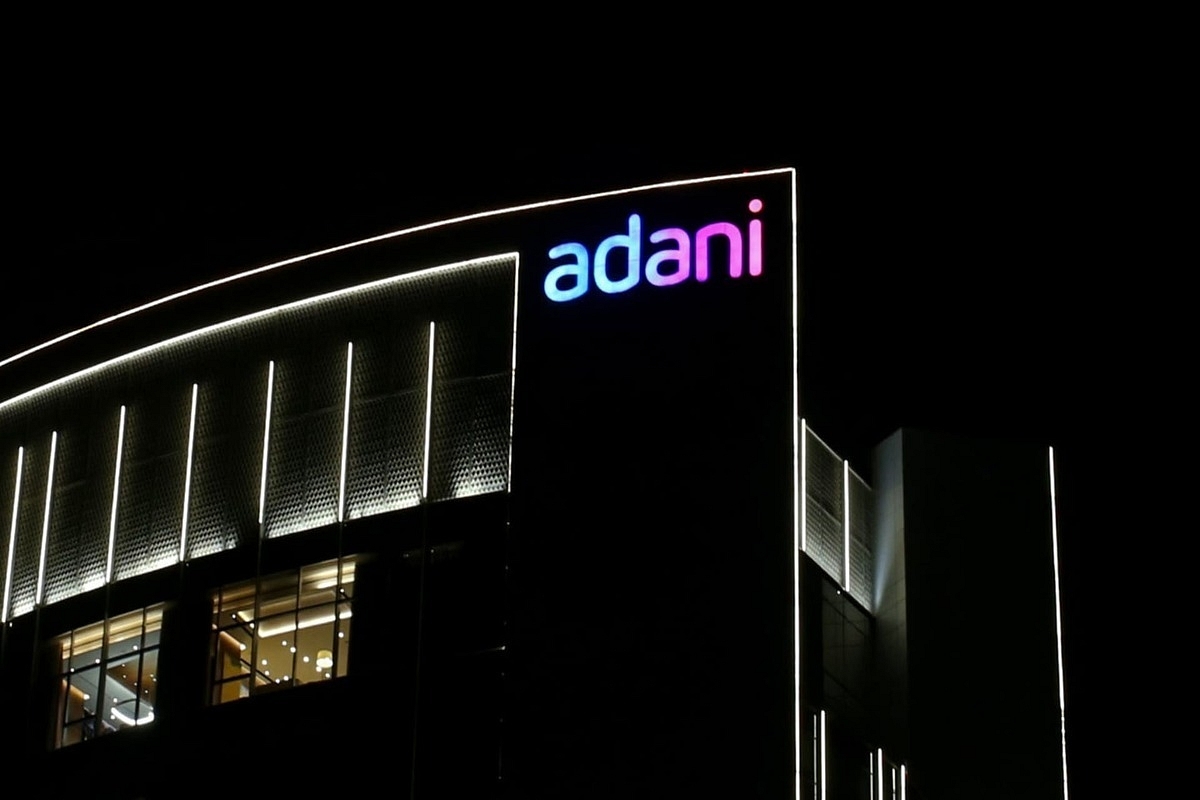News Brief
'Very Easy To Make Allegations': Supreme Court To Prashant Bhushan In Adani-Hindenburg Case

Adani Group. (Representative image).
The Supreme Court on Friday (24 November) expressed skepticism towards treating the accusations made by US short-seller Hindenburg and the report from the Organised Crime and Corruption Reporting Project (OCCRP) against the Adani Group as absolute truth.
The court posed rigorous questions regarding calls for an investigation based on these reports.
Lawyer Prashant Bhushan, who had submitted a petition to the Supreme Court requesting an investigation into the allegations and calling for action against SEBI for not meeting its report deadline on the Hindenburg case, encountered challenging inquiries from the Supreme Court.
Earlier this month, an application before the Supreme Court asked for an inquiry into allegations by the non-profit OCCRP against the Adani Group.
The Organized Crime and Corruption Reporting Project (OCCRP), which is financed by billionaire George Soros, claimed that insider trading was taking place within the Adani Group through two overseas investors.
The Adani Group has dismissed these claims as "recycled allegations" and views them as another attempt by Soros-funded entities, backed by a segment of the international media, to bring back the "meritless Hindenburg report".
The Securities and Exchange Board of India (SEBI), the regulator of capital markets, also rejected the report, deeming it unreliable as it originated from a "foreign non-profit (NGO)".
Tushar Mehta, the Solicitor General of India, said that while the OCCRP had submitted its report to the government, it had not shared details.
"They said that they can't give details to us... instead, they directed us to an NGO linked to Bhushan. This is a conflict of interest," Mehta told the Supreme Court, NDTV reported.
"Our regulation will become meaningless if we start looking into such self-serving reports," the government lawyer added.
He also mentioned that SEBI had only surpassed the deadline by a mere 10 days.
Defending his charge against SEBI, Bhushan said it had a letter in 2014 from the Directorate of Revenue Intelligence (DRI) alleging over-invoicing by the Adani Group but had never acted on it.
The government lawyer highlighted that the DRI concluded their investigation in 2017, and had found no irregularities.
"This is the problem when they rely on random information in public," Mehta said, adding that the Supreme Court had confirmed the DRI order.
"Mr Bhushan, it is very easy to make allegations. Equally, you must think of fundamental principles of fairness. You're relying on a DRI communication to SEBI. DRI closed the matter. CESTAT concluded it. Your entire allegation is…" CJI told Bhushan, Livelaw reported.
Bhushan also questioned the committee of domain experts that the Supreme Court appointed to examine India's regulatory mechanism for investor protection.
The judges pointed out that the members were selected by the top court, not SEBI.
While Bhushan continued to question SEBI's inaction regarding reports by the OCCRP and those published in foreign media, the Supreme Court responded, "We are not discrediting what's reported on FT, Guardian, but does it have evidentiary value for SEBI?"
Bhushan contended that if journalists were able to access documents, then why shouldn't SEBI be able to do the same?
"SEBI is bound by the laws of evidentiary value. SEBI is answerable to the appellate authorities. SEBI can't say we relied on newspaper stories," the Supreme Court said.
The Solicitor General said stories were being planted outside India to influence policies in the country.
"You said there are overwhelming evidence. What are those?" the court asked Mr Bhushan, who cited the Hindenburg report.
Chief Justice DY Chandrachud said, "We cannot treat the Hindenburg report as the true state of affairs." That was why the court had asked SEBI to investigate.
"A publication's work cannot be treated as a gospel of truth," the Supreme Court said.
Support Swarajya's 50 Ground Reports Project & Sponsor A Story
Every general election Swarajya does a 50 ground reports project.
Aimed only at serious readers and those who appreciate the nuances of political undercurrents, the project provides a sense of India's electoral landscape. As you know, these reports are produced after considerable investment of travel, time and effort on the ground.
This time too we've kicked off the project in style and have covered over 30 constituencies already. If you're someone who appreciates such work and have enjoyed our coverage please consider sponsoring a ground report for just Rs 2999 to Rs 19,999 - it goes a long way in helping us produce more quality reportage.
You can also back this project by becoming a subscriber for as little as Rs 999 - so do click on this links and choose a plan that suits you and back us.
Click below to contribute.
Latest